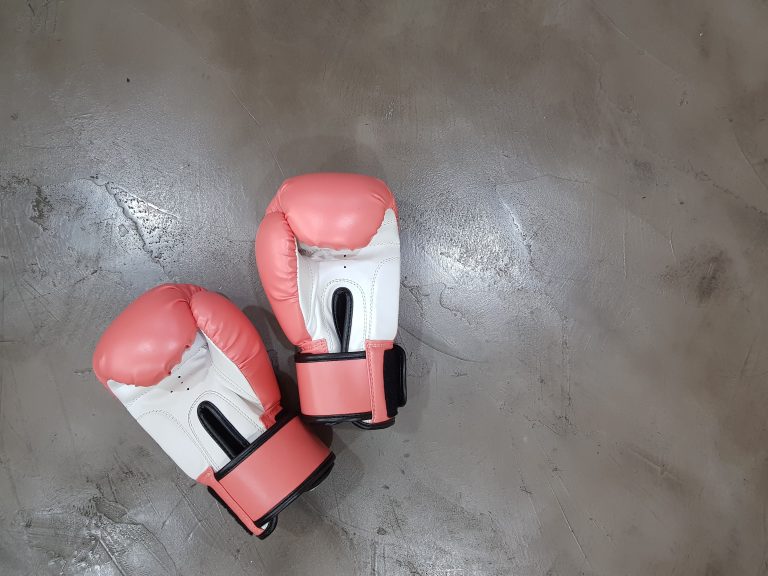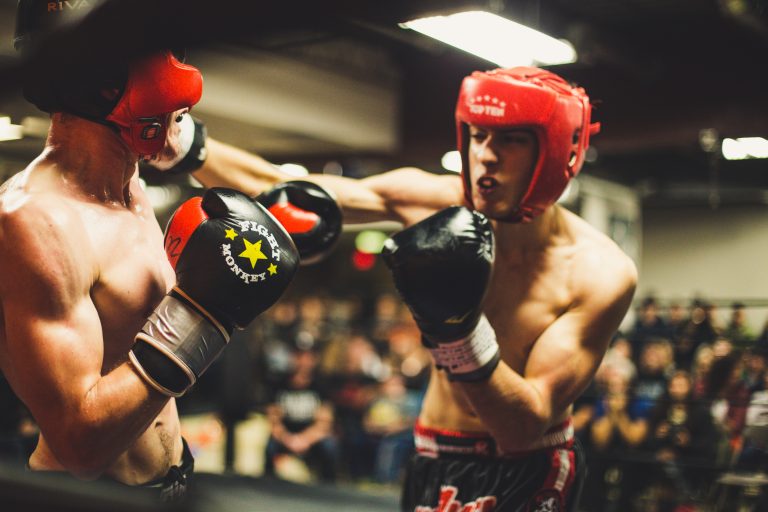Does Karate Work for Self Defense?
Karate is a popular martial art that has been practiced for hundreds of years, and many people believe that it is an effective form of self-defense. However, with so many different opinions and conflicting information out there, it can be difficult to determine if karate is truly an effective means of protecting oneself in a dangerous situation.
In this article, we’ll explore the effectiveness of karate as a form of self-defense, and provide you with the information you need to make an informed decision about whether or not it’s the right choice for you.
What is Karate?
Before we dive into whether or not karate is an effective form of self-defense, it’s important to understand what it is and how it works.
Karate is a traditional Japanese martial art that originated on the Ryukyu Islands in Okinawa, Japan. It’s a striking-based martial art, which means that practitioners use kicks, punches, and other strikes to defend themselves.
One of the defining characteristics of karate is its emphasis on discipline, both physical and mental. Practitioners of karate are expected to show respect and humility, and to constantly strive to improve themselves.
The Effectiveness of Karate in Self-Defense
Now that we know what karate is, let’s explore whether or not it’s an effective form of self-defense.
First, it’s important to understand that the effectiveness of any martial art, including karate, depends heavily on the individual practitioner. Someone who has dedicated years to training in karate is likely to be more effective in a self-defense situation than someone who has only done it for a few weeks or months.
That being said, there are some specific aspects of karate that can make it an effective form of self-defense for those who have trained in it extensively.
One of the primary advantages of karate is the speed and power of its strikes. When executed correctly, punches and kicks from a karate practitioner can be incredibly fast and powerful, delivering a significant amount of force to their target.
Additionally, karate places heavy emphasis on footwork and movement, which can be effective in evading an attacker’s strikes and getting into a better position to strike back.
Finally, karate trains its practitioners to be fearless and confident in a self-defense situation. This mental discipline can be just as important as the physical techniques themselves when it comes to successfully defending oneself against an attacker.
Limitations of Karate in Self-Defense
While karate has many advantages as a form of self-defense, there are also some limitations to consider.
First and foremost, karate is primarily focused on striking-based techniques. While these can be incredibly effective in many situations, they may not be the best choice in all cases. For example, if an attacker has a weapon like a knife, striking might not be the best way to defend oneself.
Additionally, karate does not place as much emphasis on grappling techniques like throws and joint locks as other martial arts like Brazilian Jiu-Jitsu or wrestling. This can make it challenging for a karate practitioner to defend themselves in close-quarters situations.
Finally, it’s important to remember that no martial art can guarantee success in a self-defense situation. Even the most skilled karate practitioner may not be able to defend themselves against a particularly determined attacker.
Introduction:
When it comes to self-defense, people often wonder which martial art is the best. One of the most frequently asked questions is, „Does karate work for self-defense?“ Karate is a martial art form that originates from Japan and is widely practiced around the world. In this blog post, we will answer this question and explain why karate can be effective in self-defense situations.
What Is Karate?
Karate is a martial art that originated in Okinawa, Japan, and was developed from indigenous martial arts known as te. It involves kicking, punching, and other striking techniques, as well as various forms of grappling and joint-locking techniques. Karate emphasizes physical and mental discipline, as well as self-defense skills.
Can Karate Be Effective in Self-Defense Situations?
Yes, karate can be effective in self-defense situations. The techniques taught in karate focus on defending oneself against an opponent, whether armed or unarmed. Karate is a practical martial art that teaches students how to fight in real-life situations. The techniques taught in karate are adaptable to the situation, which makes it an effective martial art form.
What Are Some of the Self-Defense Techniques Taught in Karate?
Karate teaches a variety of self-defense techniques. Some of these techniques include:
- Punches
- Kicks
- Throws
- Joint Locks
- Blocks
- Groundwork
Karate also teaches how to defend against weapons such as knives, guns, and sticks. Techniques for dealing with multiple attackers are also taught in karate.
What Are the Benefits of Practicing Karate?
There are numerous benefits of practicing karate. Some of these benefits include:
- Improved physical fitness
- Increased mental discipline
- Increased self-confidence
- Improved coordination
- Stress relief
- Self-defense skills
Is Karate Suitable for Everyone?
Karate is suitable for people of all ages, genders, and fitness levels. It is a martial art that can be practiced well into old age. Practicing karate helps to improve overall physical and mental health.
How to Use Karate for Self-Defense: A Step-by-Step Guide
If you’ve ever wondered if karate works for self-defense, you might be surprised to know that it can be a very effective way to protect yourself in dangerous situations. However, just knowing karate isn’t enough. You need to know how to use it properly. In this guide, we’ll explain how you can use karate for self-defense with clear step-by-step instructions.
Step 1: Identify the Danger and Assess the Situation
Before you can defend yourself with karate, you need to identify the danger and assess the situation. This means recognizing the potential threat and understanding the environment around you. Try to remain calm and focused as you evaluate the situation. This will help you make better decisions about how to respond.
Step 2: Establish Boundaries and Create Space
If someone is threatening you, it’s important to establish boundaries and create space between yourself and the attacker. Use assertive verbal cues to let the attacker know that you’re not willing to be victimized. This might include saying things like “stop”, “back off”, or “leave me alone”. If the attacker persists, use physical movements to create space. Move away from the attacker and position yourself in a way that makes it harder for them to reach you.
Step 3: Use the Power of Choice
Once you’ve established boundaries and created space, it’s time to use the power of choice. This means choosing the right technique based on the situation. For example, if the attacker is standing in front of you and throwing punches, you might use a block followed by a counter-attack. On the other hand, if the attacker is grabbing you from behind, you might use a throw or a joint lock.
Step 4: Execute the Technique with Precision and Power
When you make the decision to use a specific technique, it’s important to execute it with precision and power. This means practicing the technique until you can perform it instinctively, without hesitation. When you deliver a strike or block, use your entire body to generate power. This will make your techniques more effective and help to create an element of surprise.
Step 5: Follow Up and Escape
After you execute a technique, it’s important to follow up and escape. This means moving quickly and decisively to either disable the attacker or create an opportunity to escape. If you’re unable to escape, you may need to continue using karate techniques until help arrives.
Conclusion
Karate can be an effective way to defend yourself in dangerous situations, but it requires practice and preparation. By recognizing the danger, assessing the situation, establishing boundaries, choosing the right technique, executing it with precision and power, and following up and escaping, you can use karate to protect yourself and stay safe. Remember, the best way to protect yourself is to avoid dangerous situations whenever possible, but if you find yourself in a threatening situation, karate could be the difference between staying safe and becoming a victim.
Inhaltsverzeichnis





